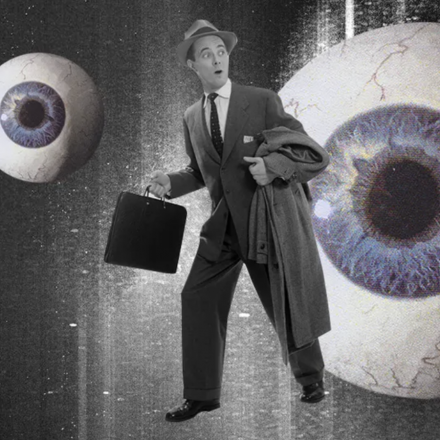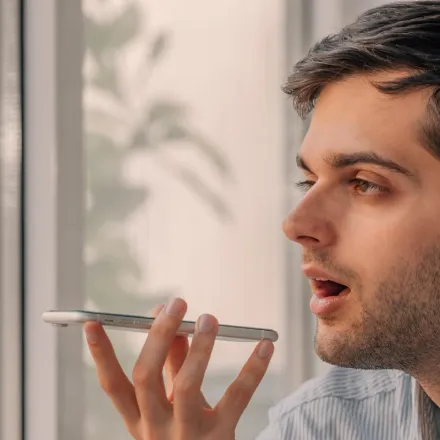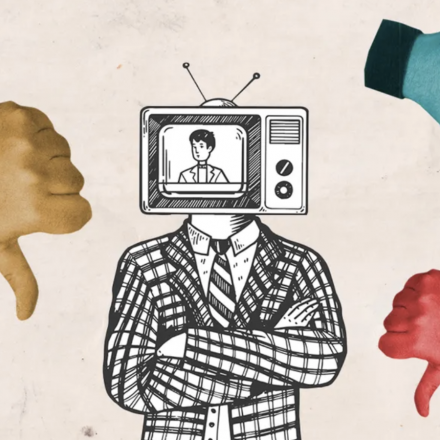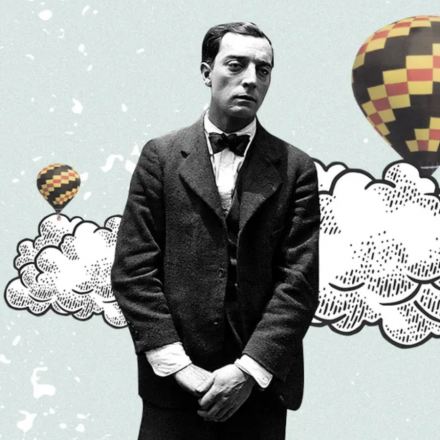Every day, our brain generates thousands of thoughts, emotions, and ideas. Sometimes they’re brilliant, sometimes foolish, and sometimes outright harmful. But here’s the question: why do we tend to believe everything that pops into our heads? The answer is simple—habit. And it’s a habit we need to break.
Mental Hygiene: The Art of Doubting Yourself
Imagine taking advice from a random stranger on the street. Would you trust them without question? Probably not. So why trust your own thoughts, which are often just products of fear, stress, or exhaustion?
Psychologists call this approach mental hygiene—the practice of analyzing your thoughts as critically as you would someone else’s words. If a thought seems scary or irrational, ask yourself:
- What is it based on?
- Do I have any evidence to support it?
- How do I feel when I believe it?
Often, you’ll find that a thought is just an association or emotional response, not an objective truth.
What We Should Teach Ourselves and Our Children
We teach kids:
- “Don’t believe everything others say.”
- “People’s judgments can be wrong.”
But why don’t we say: “Don’t believe everything you think.”
Our culture hasn’t yet taught us to doubt the products of our own minds. But this skill can protect us from obsessive fears, useless anxiety, and unwarranted guilt.
Practice: How to Start Thinking Critically
- Catch the thought. Recognize what you’re thinking. For example: "I can’t handle this project."
- Question it. Ask yourself: "Why do I think this? Is it an opinion or a fact?"
- Look for evidence. Are there real arguments supporting your thought?
- Let it go. If the thought isn’t grounded in facts, treat it like background noise.
The Bottom Line: Strength in Healthy Skepticism
The mind is a complicated tool. It can be your ally or your enemy. The difference lies in how you use it. Learning to question your own thoughts is not just a form of protection—it’s a path to freedom.
So, the next time your inner voice starts criticizing you, just say: “Prove it.”


















